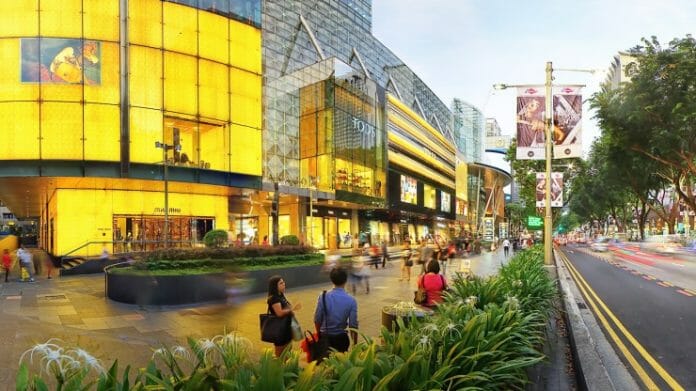Singapore has been in the middle of a COVID-19 wave over the past month, with daily infections rising from about 1,400 a month ago to roughly 4,000 cases a day last week.
About 30 percent are reinfections, higher than the proportion of 20 percent to 25 percent during the previous wave, said Health Minister Ong Ye Kung on Friday (Apr 14).
While the number of hospitalised COVID-19 patients has gone up, from 80 last month to 220 currently, Mr Ong said this is still “far below” the figure during the peak of the pandemic and much lower than the number of patients hospitalised for non-COVID infections.
Fewer than 10 COVID-19 patients have been in the intensive care unit at any one time over the past month, he added.
“What is happening is a clear demonstration of how far we have come in dealing with COVID-19,” Mr Ong said. “Even during a COVID-19 infection wave like now, we continue to live life normally, we’re not preoccupied over infection numbers … This is what endemicity should look like.”
Speaking during the National Healthcare Group’s population health collective annual work plan seminar, Mr Ong also addressed comments by some people who attributed the rise in Singapore’s COVID-19 infections to travellers.
“But the understanding that this caused a rise in infections is actually incorrect,” the minister said.
“The virus is endemic, which means it is always circulating within the community. In such a situation, what drives our local waves is not imported infections, but reinfections of existing individuals in the community,” he added.
“When the protection against infection from past infections or vaccination wanes over time, people do get reinfected and that causes the number of cases to rise and a new wave will emerge.”
Although the current wave is not severe, Mr Ong cautioned that the additional caseloads do add to the heavy workload of the hospitals.
He urged people to do their part to keep themselves healthy and if they are unwell, to stay home and wear a mask.
“And if they are vulnerable groups, such as (people) aged 60 and above, get your vaccinations annually,” he added.









